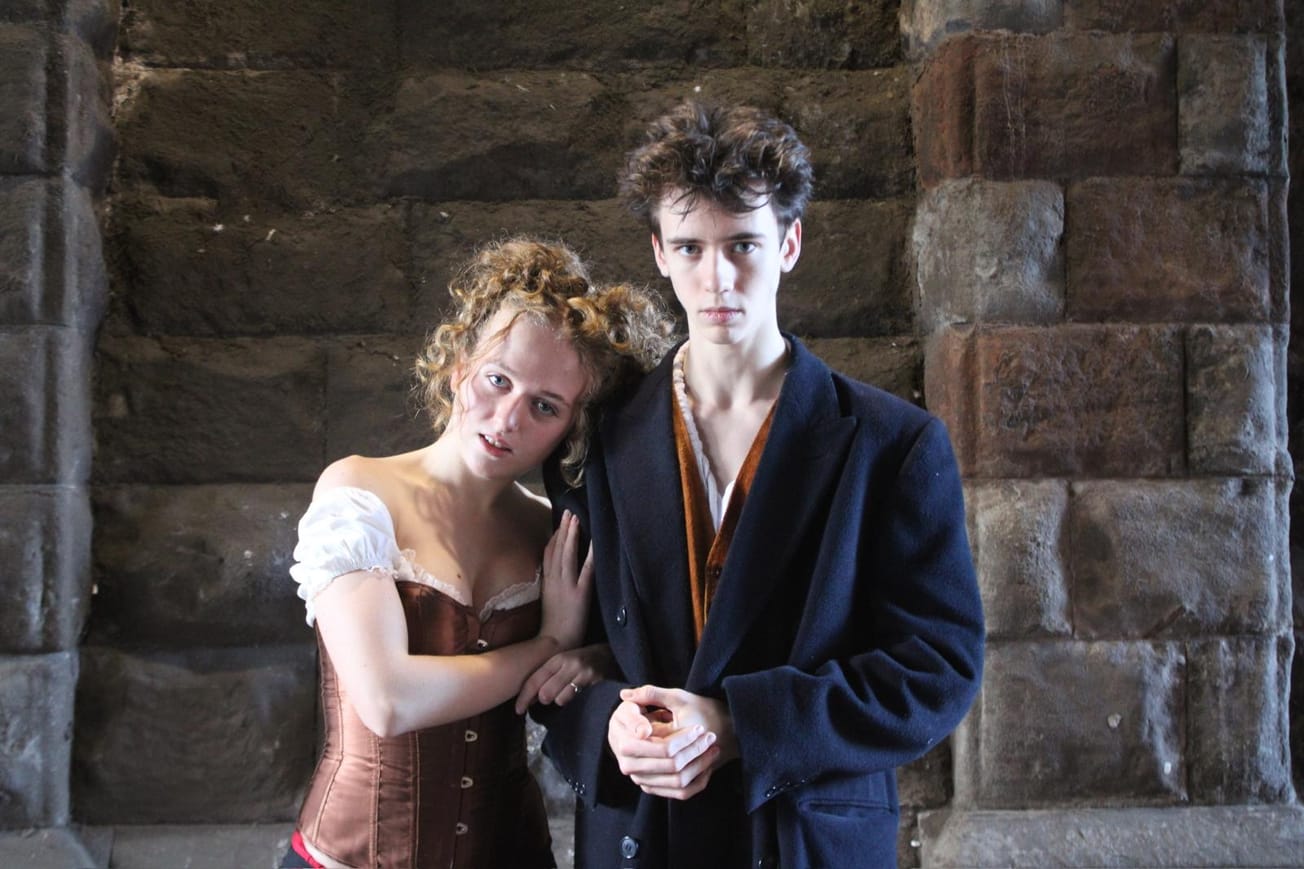By Rachel Bronnert, Arts Editor
Choir Boy, (written by Tarell Alvin McCraney) follows the story of a young black gay man called Pharus (played by Terique Jarrett), who is growing up in an all-boys elitist boarding school in America. After the play opened in 2013 in New York, it has now made its way to Bristol, marking the start of Nancy Medina’s time at the Old Vic as creative director.
The play opens with Pharus angelically singing the school’s anthem. When a fellow student whispers a gay slur in his ear, the audience was brought painfully back down to earth as Pharus is forced to navigate the shame this brings him as he gets in trouble with the school’s Headmaster Marrow (played by Daon Broni). This confrontation sets the tone for the whole play, as we follow each of the boys through their journey in navigating issues of belonging, identity, race, and sexuality. As their relationships with each other gain complexity, confusion and nuance, the audience witnesses how the beauty of gospel music and spirituals holds them together.
For context, a Spiritual is a type of religious folk song that is closely associated with the enslavement of African people in the American South. When discussing the gospel music in the play, Femi Temowo, Choir Boy’s Musical Director and Arranger stated that:
‘my approach to gospel music and spirituals has evolved into one of deep reverence. To me, they are akin to delicate family heirlooms, treasures to be cherished. These songs have been a source of joy and healing in the past, and they still possess the power to do the same in the present and the future.’
Whether you are religious or not is irrelevant to what the play and Temowo explore here. The choral and gospel inspired a capella numbers were truly incredible and the men’s vocals were flawless. More impressively still, they worked with no band or accompaniment as their vocals and percussion filled the stage and conveyed their passions. The play effectively drew contrasts between moments of musicality and moments of silence, playing on these moments to draw attention to the human condition. Where in times of suffering there seemed to be no solution, their love of this music drew them together and allowed them to speak into the abyss of silence. Sometimes in moments of trauma when our words fail us, music does not.

The all male and all black cast (other than Mr Pendelton) allowed for a deep exploration of black male culture surrounding homosexuality as Pharus, a determined and ambitious character, navigates his queerness. Pharus, full of complexity, was both bold and unafraid to be contentious, yet also afraid of being seen for who he truly is, making him paradoxical but also relatable.
In an elusive and ambiguous ending, audiences were left with many questions unanswered. We are left to wonder what will become of Pharus and the fellow boys as they continue to grow and discover who they are. Truly though, whilst the ending frustrated me as I longed for a neatly tied resolution, it was also perfectly fitting and appropriate. The final scene ends with Pharus taking center stage, raising his hand and the lights fading as rounds of raucous applause ensued. The play beautifully explored that tension of wishing for hope and for a kinder world, whilst acknowledging that with the current state of our flawed institutions, we are certainly not there yet.
Featured image courtesy of Camilla Greenwell
Choir Boy is running till the 11th of November, visit https://bristololdvic.org.uk/whats-on/choir-boy to get your tickets!








